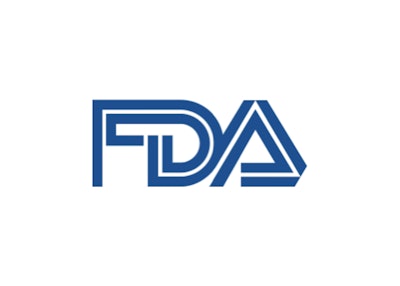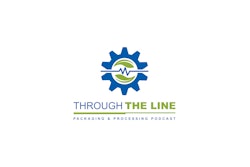
Food industry training is important to the successful implementation of the Food Safety Modernization Act (FSMA). In October 2015, FDA posted its evolving strategy to train domestic and foreign food producers, and domestic importers, on the preparations needed to meet requirements of FSMA. As of May 2016, all of the seven foundational rules that will implement FSMA are final.
Recently, FDA published an updated training strategy to reflect the progress that has been made in the past year:
- A cooperative agreement focused on small and mid-size businesses involved in local food production, including those that engage in sustainable and organic farming, has been awarded to the National Farmers Union Foundation.
- A cooperative agreement focused on preparing food producers in Native American tribes has been awarded to the University of Arkansas at Fayetteville.
- Federal grants have been awarded for the establishment of regional centers to facilitate training delivery under FDA’s partnership with the U.S. Department of Agriculture’s National Institute of Food and Agriculture (NIFA). Recipients include:
- Southern Regional Center: University of Florida
- Western Regional Center: Oregon State University
- North Central Regional Center: Iowa State University
- Northeast Regional Center: University of Vermont and State Agricultural College.
This program is focused on farmers, small food processors and small produce merchant wholesalers.
Resources:
FDA’s Strategy for FSMA Training: Public and Private Partners Working Together



















